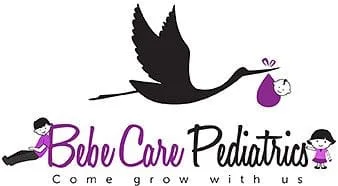

Physical Growth and Development
Your Growing and Changing Body
- Brush your teeth twice a day and floss once a day.
- Visit the dentist twice a year.
- Wear your mouth guard when playing sports.
- Eat 3 healthy meals a day.
- Eating breakfast is very important.
- Consider choosing water instead of soda.
- Limit high-fat foods and drinks such as candy, chips, and soft drinks.
- Try to eat healthy foods.
- 5 fruits and vegetables a day
- 3 cups of low-fat milk, yogurt, or cheese
- Eat with your family often.
- Aim for 1 hour of moderately vigorous physical activity every day.
- Try to limit watching TV, playing video games, or playing on the computer to 2 hours a day (outside of homework time) .
- Be proud of yourself when you do something good.
Risk Reduction
Healthy Behavior Choices
- Find fun, safe things to do.
- Talk to your parents about alcohol and drug use.
- Support friends who choose not to use tobacco, alcohol, drugs, steroids, or diet pills.
- Talk about relationships, sex, and values with your parents.
- Talk about puberty and sexual pressures with someone you trust.
- Follow your family's rules.
Emotional Well-Being
How You Are Feeling
- Figure out healthy ways to deal with stress.
- Spend time with your family.
- Always talk through problems and never use violence.
- Look for ways to help out at home.
- It's important for you to have accurate information about sexuality, your physical development, and your sexual feelings. Please consider asking me if you have any questions.
Social and Academic Competence
School and Friends
- Try your best to be responsible for your schoolwork.
- If you need help organizing your time, ask your parents or teachers.
- Read often.
- Find activities you are really interested in, such as sports or theater.
- Find activities that help others.
- Spend time with your family and help at home.
- Stay connected with your parents.
Violence and Injury Prevention
Violence and Injuries
- Always wear your seatbelt.
- Do not ride ATVs.
- Wear protective gear including helmets for playing sports, biking, skating, and skateboarding.
- Make sure you know how to get help if you are feeling unsafe.
- Never have a gun in the home. If necessary, store it unloaded and locked with the ammunition locked separately from the gun.
- Figure out nonviolent ways to handle anger or fear. Fighting and carrying weapons can be dangerous. You can talk to me about how to avoid these situations.
- Healthy dating relationships are built on respect, concern, and doing things both of you like to do.
